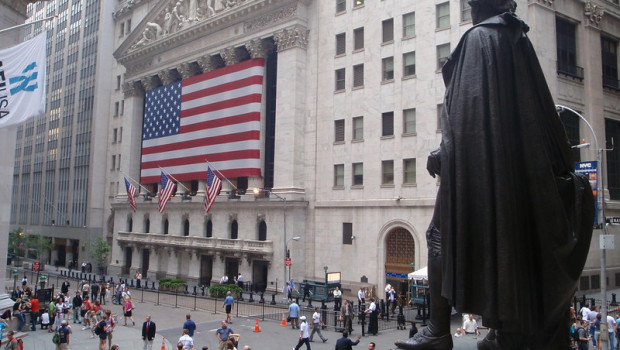DuPont buys Rogers for $5.2bn, cuts forecasts

Dupont De Nemours Inc
$76.70
17:04 27/12/24
DuPont de Nemours said it would buy Rogers Corp for $5.2bn (£3.8bn) to expand in growth markets as the US chemicals group cut its sales and profit forecasts because of slowing automotive markets.
Rogers shareholders will get $277 in cash per share - 33% more than the engineering materials maker's closing price on Monday.
DuPont is buying Rogers to reinforce efforts to expand in growth markets of electric vehicles, 5G technology and clean energy. The deal will build on DuPont's $2.3bn purchase of Laird Performance Materials in July and generate about $115m of cost savings by the end of 2021, DuPont said.
The company also said it planned to sell a large portion of its mobility and materials business and its stake in the DuPont Teijin Films joint venture. In total the businesses up for disposal bring in about $4.2bn of revenue.
Ed Breen, DuPont's chief executive, said: "With these announcements, and building on our recent acquisition of Laird Performance Materials, we are significantly advancing our position as a premier multi-industrial company focused in the secular growth areas of electronics, water, protection, industrial technologies and next generation automotive. These steps are expected to create tremendous opportunities for employees and unlock significant value for shareholders."
Third-quarter sales were $4.3bn and profit of $1.15 per share, outstripping estimates for sales of $4.1bn and profit of $1.12 per share, according to Refinitiv IBES data.
But DuPont said automotive orders were slowing because of a global computer chip shortage. The company cut its estimate for annual net sales to $16.34bn-$16.4bn and adjusted earnings of $4.18-$4.22 per share from earlier estimates of sales between $16.45bn and $16.55bn and earnings of $4.24 to $4.30 per share.
Lori Koch, DuPont's chief financial officer, said: "As we head into the fourth quarter, strong demand trends are expected to continue across almost all end-markets; however, we are seeing a deceleration in order patterns stemming from the ongoing global semiconductor chip shortage, primarily in automotive end-markets."